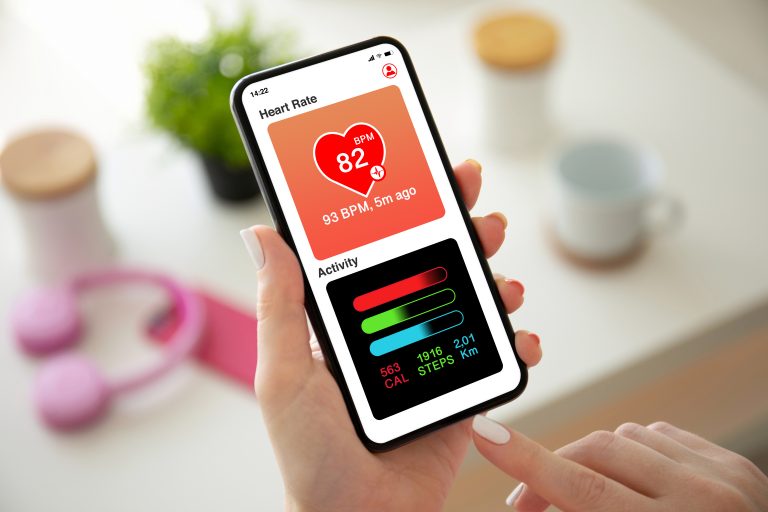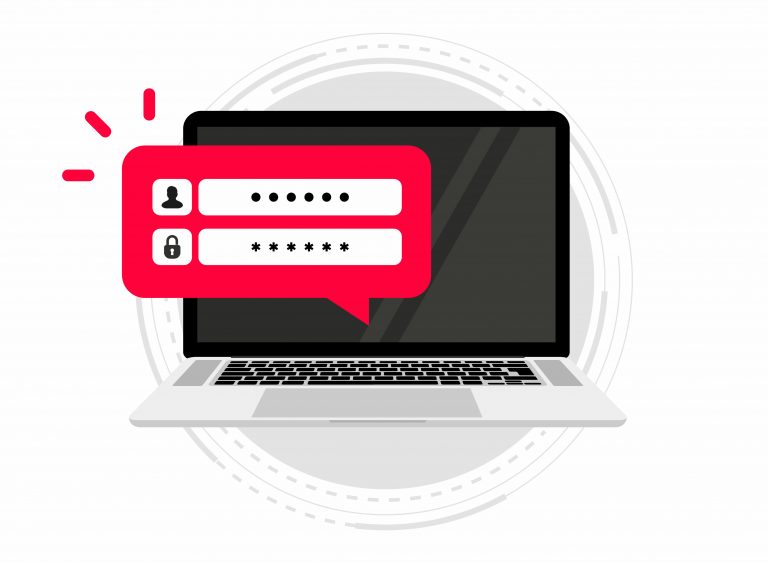Securing Your Health Data: Privacy Measures in Telemedicine
January 25, 2024Telemedicine has become an increasingly popular option for accessing healthcare services, allowing patients to consult with healthcare providers remotely. What…

Wondering how to protect your personal information online? Then read on, as you are one step closer to learning 5 easy tips that will secure your data and put your mind at ease.
In today’s digitalized world, what many of us consider to be private and secure, is no longer personal. From sensitive financial data to medical records, home addresses, and phone numbers, our private facts can now be found everywhere around the Internet, with many websites profiting from publishing negative or salacious information.
Even a nasty break-up with a former love interest or a night in jail can land people on revenge porn and mugshot websites for everyone to see.
So when it comes to how to protect your personal information online, securing digital data is no different from protecting your house and vehicles.
The first step is to understand the risks we are all exposed to when navigating the Internet. Second, you need to develop the knowledge to identify threats. And last but not least, you must learn to manage your information online.
Continue reading to find out how to protect personal information online so that it doesn’t end up being misused by third parties for fraud, such as phishing scams and identity theft.
First and foremost, if you want to protect your personal information online, you need to stop giving it away mindlessly. But, how can you achieve that?
Be suspicious of any website that requires you to disclose your date of birth, home address, bank account, and so on. Also, don’t answer email and instant messaging threats that ask you to change your password or take X action if you don’t want your account to be closed.
Never share or provide your confidential information by email or over the phone unless you are sure about where it ends up. Also, always read the privacy agreement whenever you open up a new account.
When it comes to how to protect personal information, know that many times your information will be sold to third-party apps without you having the slightest clue, and used for promotional and advertising purposes.
Ask the help of a professional internet privacy company to assist you in removing personal information, and check if any of your accounts has been compromised, included in a data breach, or exposed on the dark web.
These professionals will find all the third-party applications, which have been granted permission to access your account and revoke their permissions.
Google and all similar sites such as Yahoo or Bing can be used to uncover information about anyone. Use them to track down what information about you is public and available for anyone to see, without the need for permission, advanced tools, social engineering, or face recognition.
Once you know what appears on search results, you can address the problem by requesting Google to remove your information.
With thousands of removal requests coming in each day, Google will not always accept taking off just any information related to you. The most common reasons for refusal include technical issues, duplicate URLs, or information deemed ‘strongly in the public’s interest.’
When this happens, your best course of action is to work with a reputation management company that can help bury the bad press and negative information showing up within a Google search.
People search websites such as PeopleLooker, Spokeo, BeenVerified, FastPeopleSearch, or MyLife, pick up information from your profiles or Google search results and use it to help marketers advertise to you or for people to track you down.
Get your data off the major people-search sites by submitting a removal request. Expect your removal request to take anywhere from days to weeks, depending on the site. However, sometimes this approach doesn’t work at all. If all this sounds like way too much time and effort, we can solve this problem in no time.
From Facebook to Instagram, Tik Tok, or LinkedIn, each social media platform has its own privacy and security policy. And although you might think that your sensitive data is safe with them, all these platforms are powerful data collection machines, and you should know exactly what is being collected and shared.
Ensure to check out your social media accounts and adjust the settings that boost your privacy and reduce data collection. If you don’t use an account for business purposes, and thus it doesn’t need to be open for everyone, it is wiser to lock it down to ‘friends only.’
Another thing you can do is limit past posts and even delete online accounts that you no longer use. Turn off location data, block email and phone number searches to connect others to your profile, and choose whether to allow others to tag you in photos.
When it comes to knowing how to protect personal information online, no matter how well you try to solve things all by yourself, your efforts will never match the results of working with a reputation management company.
But since not all companies are created equal, with some of them offering weak services, knowing which one to choose is essential when looking for how to protect your personal reputation on the web in the best way possible.
Securing your online data is not easy, but you don’t have to do it on your own. RemovePersonalInformation.com has a team of experts with decades of combined experience in information removal and online reputation management.
To receive a free consultation, wait no more and contact us today!
If you enjoyed this article, you might also like:

Telemedicine has become an increasingly popular option for accessing healthcare services, allowing patients to consult with healthcare providers remotely. What…

In a world where cyber threats are becoming increasingly sophisticated, the importance of having strong passwords cannot be overstated. But…

Are you looking for a new job while still employed? Discreet job searching online is the key to keeping your…